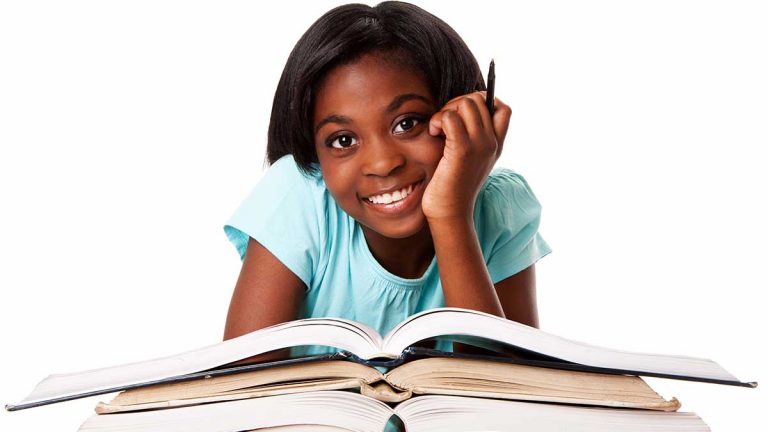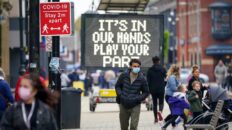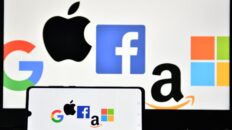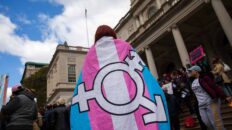One of the most important issues to be tackled by the next president of the United States is education. Of course, the US Constitution does not list education as one of the enumerated powers of the federal government, and it’s a shame that it has come to this, but the fact is that recent presidents have taken it upon themselves to meddle in a system that really should be handled by states and localities. What’s worse, much of this meddling has consisted of the entrenchment of an education model that developed during the Industrial Revolution, when it was decided that if we could mass-produce cars on assembly lines, why not children also?
It should have been obvious that such a system would fail. It pretends that all children of the same age have the same abilities, interests and attention spans. It presumes that lecturing at a room full of children, who mostly don’t want to be there, and forcing them to memorize facts for tests will produce adults capable of critical thinking, independent reasoning and inventiveness.
When confronted with the failures of the education system, however, politicians invariably conclude that the problem is not enough money, or too much local control. Hillary Clinton, for example, thinks that if forcing kids to sit still in small, prison-like rooms for nine months out of the year yields poor results, extending the practice to 12 months will solve the problem. She views charter schools and private-sector school choice as a threat to the public-education system — not as a way for parents to legitimately opt out of a broken system in order to secure a better education for their children.
But thankfully, Hillary Clinton isn’t president yet, and until she manages to stop them, parents are finding creative ways to improve the lives of their children independent of the public-school bureaucracy. The Christian Science Monitor reports a surge of home-schooling in Georgia — mostly among black families, who have begun to realize that public schools are not the best way to improve their children’s opportunities for success. The results have been remarkable, with black home-schooled students dramatically outperforming their public-school peers in every area of learning.
Of course, it’s important to remember that correlation is not causation; it could well be that kids who are apt to perform better anyway tend come from families more open-minded to home-schooling. But there is plenty of reason to believe that there is at least some causal link. Home-schooling allows curricula to be tailored to a child’s specific interests and ability. There is no pressure to “keep up” with the rest of the class that can make the student feel inferior and inhibited, nor is there that sense of boredom and indifference that comes from a student being substantially ahead of the rest of the class. Learning in the home can take place at whatever pace and in whichever direction best suits the child. Given this, it should not be surprising that home-school students tend to be more confident and competent in areas such as reading and math.
So why is this happening in Georgia, of all places? Well, in the first place the culture of the South has long been conducive to home-schooling. Two years ago, home-schooled students in North Carolina exceeded private-school students in numbers, as parents became increasingly frustrated with issues like Common Core standards and the violence in public schools. The other reason is that Georgia, unlike most other states, allows parents to teach not only their own children, but those of their friends and neighbors as well. This allows families where both parents work —as well as single-parent families — to take advantage of home schooling by participating in co-ops where rotating sets of local parents serve as teachers for the community. It’s a shame that so many states prohibit this kind of arrangement, effectively forcing the children of single-parent households into public schools.
The promise of a public-education system has been sold to black families as a civil rights issue for decades. As it turns out, however, real civil rights mean the ability to reject a failed, dangerous public-school system in favor of individualized learning that expands opportunity as well as young minds.
This article originally appeared on Conservative Review.














Add comment